
 The SFFaudio Podcast #364 – Jesse, Bryan Alexander, Mr Jim Moon, and Paul Weimer talk about The Lottery In Babylon by Jorge Luis Borges
The SFFaudio Podcast #364 – Jesse, Bryan Alexander, Mr Jim Moon, and Paul Weimer talk about The Lottery In Babylon by Jorge Luis Borges
Talked about on today’s show:
aka The Babylonian Lottery, 1941, 1962, The Library Of Babel, baffling mystifying, blurring and seeping, The Garden Of Forking Paths, the framing story, the context, he’s leaving, in this “statement”, missing fingers, a rented cloak, a tattoo of the second letter of the Hebrew alphabet, fleeing the city, Samuel Taylor Coleridge’s Rime Of The Ancient Mariner meets Forrest Gump, abomination and criminal, the sacred disorder of our lives, an affection for the company, Solar Lottery is a similar Philip K. Dick novel, company vs. corporation, like everyone in Babylonia…, that’s a lot of proconsuls, metaphorical, metonymies for the high and the low, Dark City, those Borgesian moments, deliberate inaccuracies, the hand changed hands, Borgesian translations, The Pit And The Pendulum, a story without hop with Hope as the title, not having firm ground on any detail solidifies the Borgesian effect, Labyrinths, the company’s communications, a mask factory, trash and kipple, Thomas Ligotti, one of the heresies, lottery is a myth we tell ourselves to make sense of chance, The Red Tower, an authentic madman, sacrifices, priest or sorcerer, Kabbalist magic, the mysterious assassination, where’s A?, he’s B, he turned into a god!, deified, a god of Chance, Heliogabalus, Martian Time-Slip by Philip K. Dick, an autistic boy, they’re reading the same books, omnivorous readers, reincarnation, thinking through reincarnation, Jesse’s weird theory, I’m Napoleon, more than just wish-fulfillment, what if we are living in a universe in which there is only one soul, the Platonic references, no need to follow the laws of time, John Rawls’ the Veil Of Ignorance, it’s a lottery in essence, a rich European healthy body, what we would want for other people is what we would want for ourselves, justice, if we take it as literally true…, we can’t see all of his body, waiting for Charon to show up in his boat, a perfect story for the middle of the twentieth century, the least inequality, the most inappropriate story for the twenty-first century, a radical document, when is this taking place, after Elagabalus but before the fall of Babylon?, the barbers, the mythology, to omit -> to interpolate -> to change, making a curved line between points, this is the symbolic scheme, infinite draws, all that is necessary is that time is infinitely divisible, one of those Xeno stories…, an infinitely divisible strawberry pie?, something tricky going on here, the company’s origins as a religious explanation for fate, as noted on the Wikipedia entry, Qaphqa (Kafka), The Castle, a sacred latrine -> it’s a holy shit -> it’s a pisser, mask factories, the messages come from the kipple, the sacred lions, scribbles on the ruined walls of the mask factory, thicker layers, the tease of Plato, we’re still in the cave, the Allegory Of The Cave, if it’s not a cabal… (kabbal?), it must be the lottery, were all a part of the secret cabal, the Paranoia RPG, trust the computer, trust the company, Jim’s punishment and Jesse’s reward, a spy LARP, the intertwined nature, I have throttled the sacred bulls, declared invisible for a year, based on a Robert Silverberg story, no matter what happens he gets executed, a universal solvent, application to the modern day scientific view, random chains of cause and effect, science as a conspiracy theory, god playing dice, medium sized objects are subject to physical laws, the ghosts and shadows of quantum mechanics, an expert in Anglo Saxon, studying Norwegian history as one does, some hidden premise, reminiscent of Olaf Stapledon, was To See The Invisible Man by Robert Silverberg inspired by this story?, like Lovecraft family Borges’ family had a huge library, of these executors…, enriched torture, a Swiftian character, the last sentence as a thesis statement, what’s the worse horror, the lottery as a consolation religion, think about that in 1941.
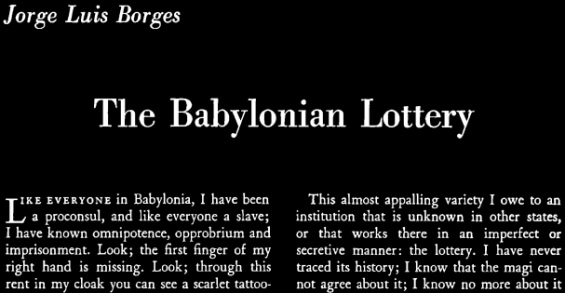
Posted by Jesse Willis

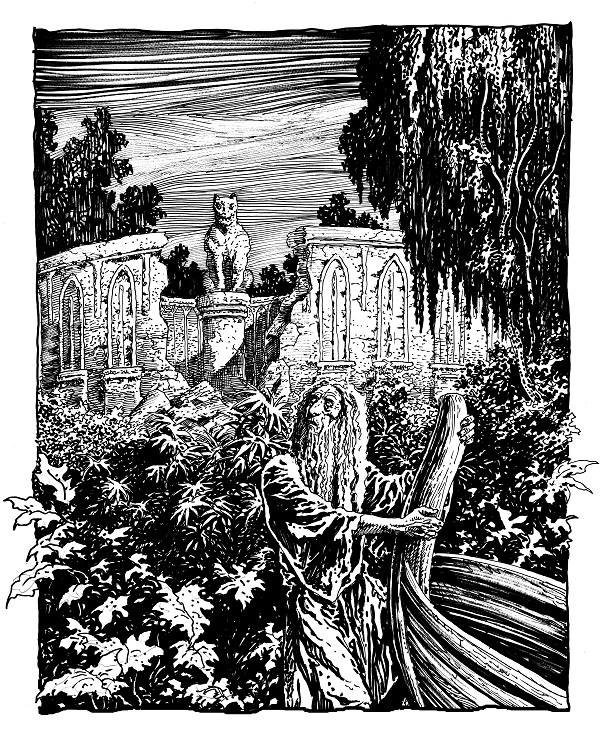



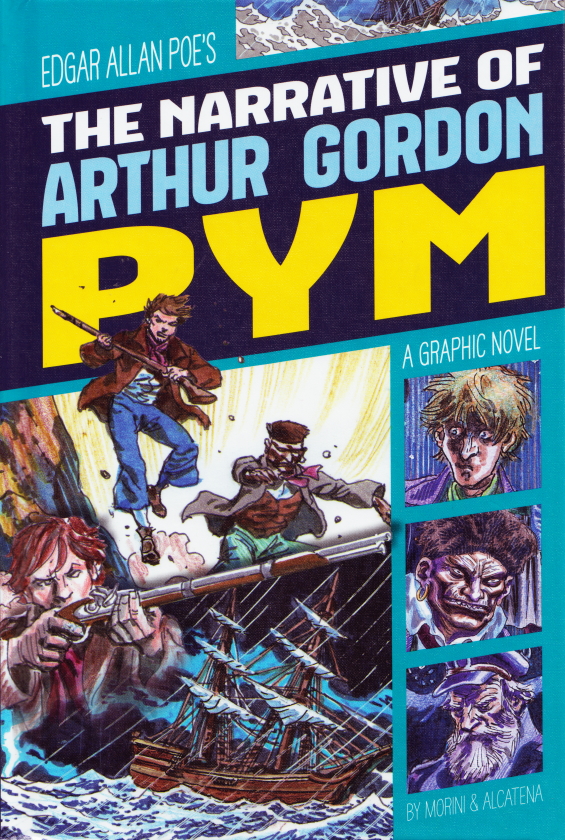


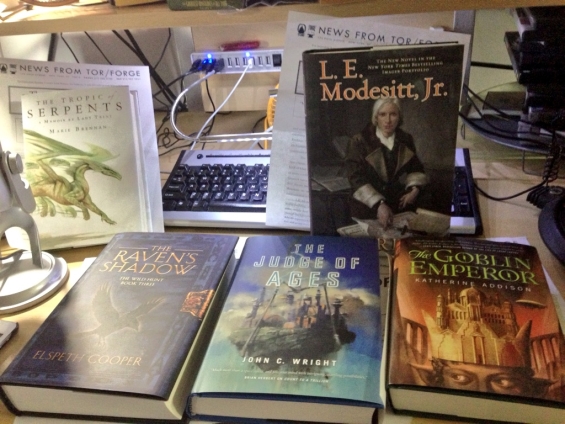
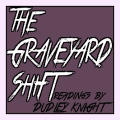 Beginning it seems in the mid-1970s
Beginning it seems in the mid-1970s